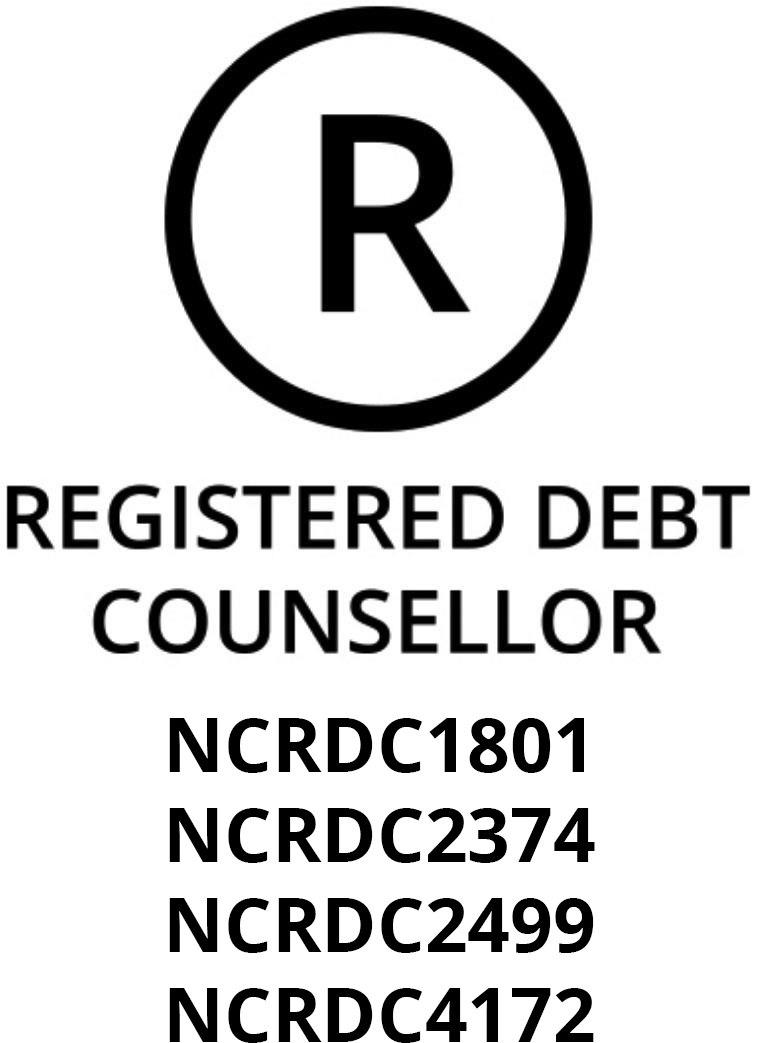Debt counselling is a critical financial tool for individuals facing overwhelming debt. It provides structured solutions to manage and settle debts effectively. However, one common concern among consumers is how debt counselling impacts their credit profile and whether their details will be shared with credit bureaus and credit providers. Below, we delve into these questions, offering clarity and addressing misconceptions to help you make an informed decision.
What Is Debt Counselling?
Debt counselling, also known as debt review, is a formal legal process introduced in South Africa under the National Credit Act (NCA). Its purpose is to assist over-indebted consumers in restructuring their debts while protecting them from legal action by creditors. By working with a registered debt counsellor, individuals can consolidate their debts into a manageable repayment plan, often with reduced interest rates.
Will My Details Be Sent to Credit Bureaus?
When you apply for debt counselling, the process involves notifying both credit bureaus and your credit providers.
Here’s how it works:
-
Notification to Credit Bureaus
As part of the debt counselling process, your debt counsellor is required to inform the credit bureaus that you have applied for debt review. This ensures that your credit profile reflects your status as a consumer undergoing debt counselling. While this notification may temporarily affect your ability to obtain new credit, it also prevents creditors from taking legal action against you during this period. -
Notification to Credit Providers
All your credit providers will be informed of your application for debt counselling. This step is essential to facilitate negotiations for reduced repayment terms and interest rates on your outstanding debts.
Why Are Credit Bureaus Notified?
The notification to credit bureaus serves multiple purposes:
Protection from Legal Action
Once you are under debt counselling, your creditors cannot initiate legal proceedings to recover outstanding debts. This legal protection ensures that you have the space and time needed to work towards financial stability.
Transparency in Credit Reporting
Reflecting your debt counselling status on your credit profile helps maintain transparency in your financial history. While it may initially seem like a disadvantage, it underscores your commitment to responsibly managing your debts.
Does Debt Counselling Affect My Credit Score?
Yes, debt counselling temporarily affects your credit score. However, this impact is often outweighed by the long-term benefits of becoming debt-free. Here’s how it works:
-
During the debt review process, your ability to take on new credit is restricted. This restriction is intended to prevent further financial strain and ensure you focus on settling existing debts.
-
Once you have completed the process and settled your debts, the debt review status will be removed from your credit profile. At this point, you can begin rebuilding your credit score.
Benefits of Debt Counselling
Opting for debt counselling can offer several advantages:
Need debt counselling or consolidation?
Explore DebtBusters' solutions for reducing your interest rates and unlocking cash.
Find out more-
Reduced Monthly Payments
Debt counsellors negotiate with your credit providers to lower monthly repayments, making them more affordable. -
Lower Interest Rates
High-interest debts are restructured to reduce the overall cost of repayment. -
Legal Protection
Once under debt counselling, creditors cannot repossess your assets or take legal action against you. -
Debt-Free Future
The structured repayment plan ensures you work towards complete financial freedom.
How to Apply for Debt Counselling
If you are considering debt counselling, follow these steps:
-
Assess Your Financial Situation
Determine whether you are over-indebted by reviewing your income, expenses, and debt obligations. -
Choose a Registered Debt Counsellor
Work with a reputable and registered debt counselling company like DebtBusters. They will guide you through the process and ensure compliance with legal requirements. -
Submit Your Application
Provide all necessary documentation, including proof of income, a list of debts, and monthly expenses. -
Review and Approve the Repayment Plan
Once your debt counsellor has negotiated with your creditors, review the proposed repayment plan. If you agree, it will be implemented, and payments will begin.
Debt counselling is a lifeline for individuals drowning in debt. While the process involves notifying credit bureaus and credit providers, the benefits far outweigh the temporary impact on your credit profile. By committing to this structured solution, you can regain control of your finances, protect your assets, and work towards a debt-free future.
If you are struggling with debt, don’t hesitate to seek professional help. Debt counselling and other solutions like debt management can provide the support and structure you need to rebuild your financial stability.
Get in touch via our contact page or learn more about our debt counselling service today.





